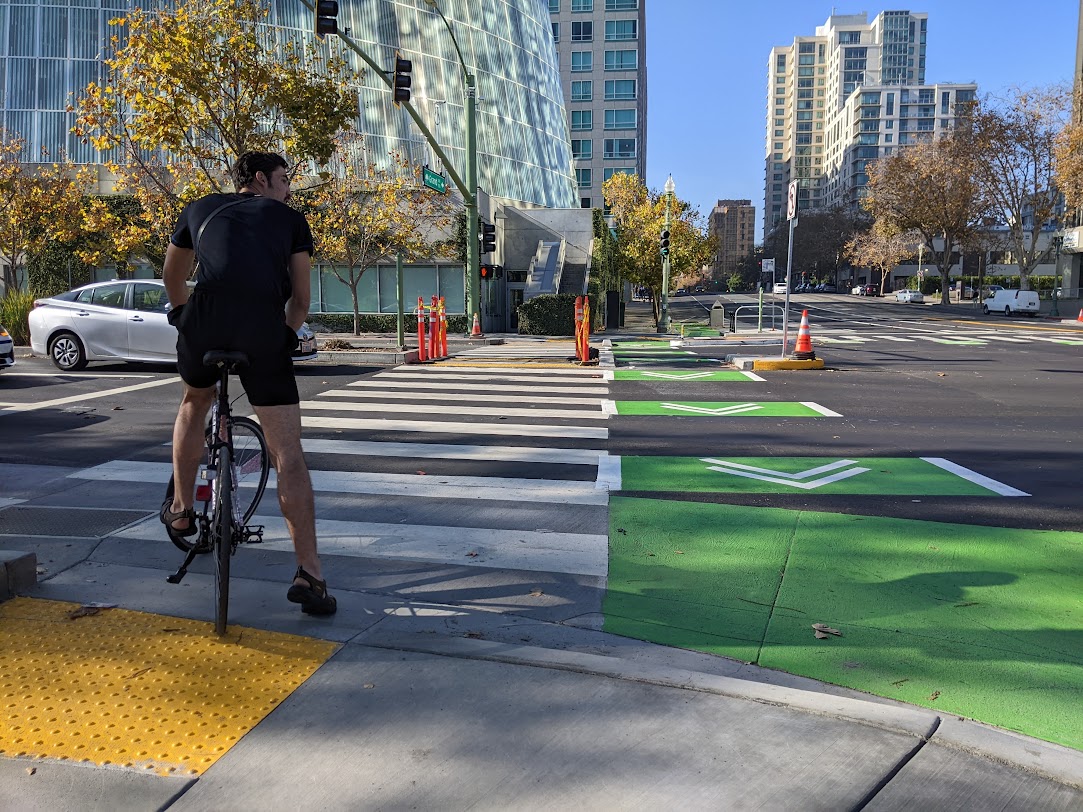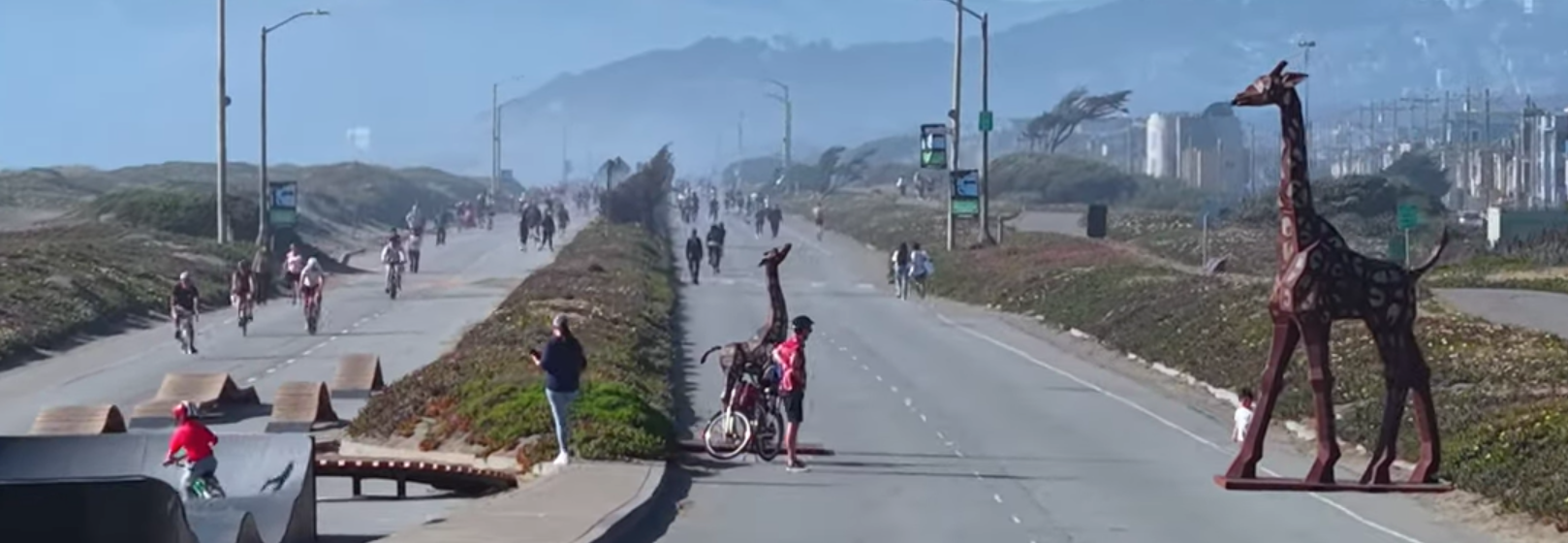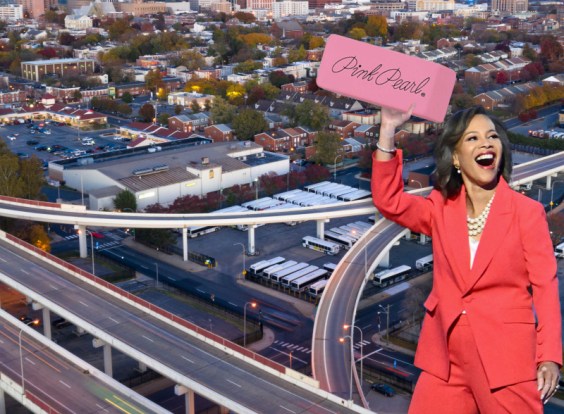This just in: Active transportation is finally getting some love in Sacramento. A bill was introduced today to double the funding available for projects and programs that encourage people to walk or ride bikes by making streets and paths safe and comfortable for them.
Assemblymembers Eduardo Garcia, (D-Coachella), Autumn Burke (D-Los Angeles), and David Chiu (D-San Francisco) introduced A.B. X1-23 this afternoon. The bill, introduced at the last minute of the special session on transportation called by Governor Jerry Brown, is the first one to directly address making streets and roads safe for people walking and biking.
“We believe that, in the ongoing conversations about generating dollars for transportation, we cannot forget the nonmotorized portion of our stakeholders,” said Garcia. “As we discuss future funding for transportation, we want to make sure we recognize that nonmotorized transportation plays a key role. It's important for climate change policy, it's important for public health -- including obesity -- and it's important for folks with disabilities.”
The bill would double the amount of money in the state's Highway Transportation Account that is allocated to the Active Transportation Program, which funds projects that encourage and promote walking and riding bikes. The bill also includes measures to ensure the funding would be made available to disadvantaged communities.
“This bill has a direct correlation with other state policies,” said Garcia, including climate change policies to reduce greenhouse gas emissions and Caltrans goals to double the portion of trips made by bicycling and walking. “This is an area where we have underinvested in the past, and it's time to change that.”
Here are the goals of the bill:
- Increase funding available to the Active Transportation Program, which currently receives around $120 million per year. That's roughly one percent of the total transportation budget, although bike and walk trips together account for nearly 19 percent of all trips made in the state.
- Ensure local agencies can compete for the funds, giving priority to walkability and bike projects that contribute to better health and economic outcomes in all communities, but especially in disadvantaged ones.
- Include planning and technical assistance as eligible uses for funding, especially for disadvantaged communities that have no means to create active transportation plans.
- Prioritize connections and corridors where people want to travel, as well as areas that lack bike and pedestrian facilities altogether.
- Create a pot of funding for improving safety for children walking and biking to school.
- Prioritize projects that “recruit, hire, and train low-income, formerly incarcerated, and/or disconnected youth and adults, and other individuals with barriers to employment.”
- Prioritize maintenance funds for active transportation projects, so they are not just built and then left to fall apart, particularly in disadvantaged communities.
The bill, introduced today, may be considered in the special session as early as Tuesday. It joins a flurry of last-minute amendments and votes coming at the end of the California legislative session, which closes on Friday.





